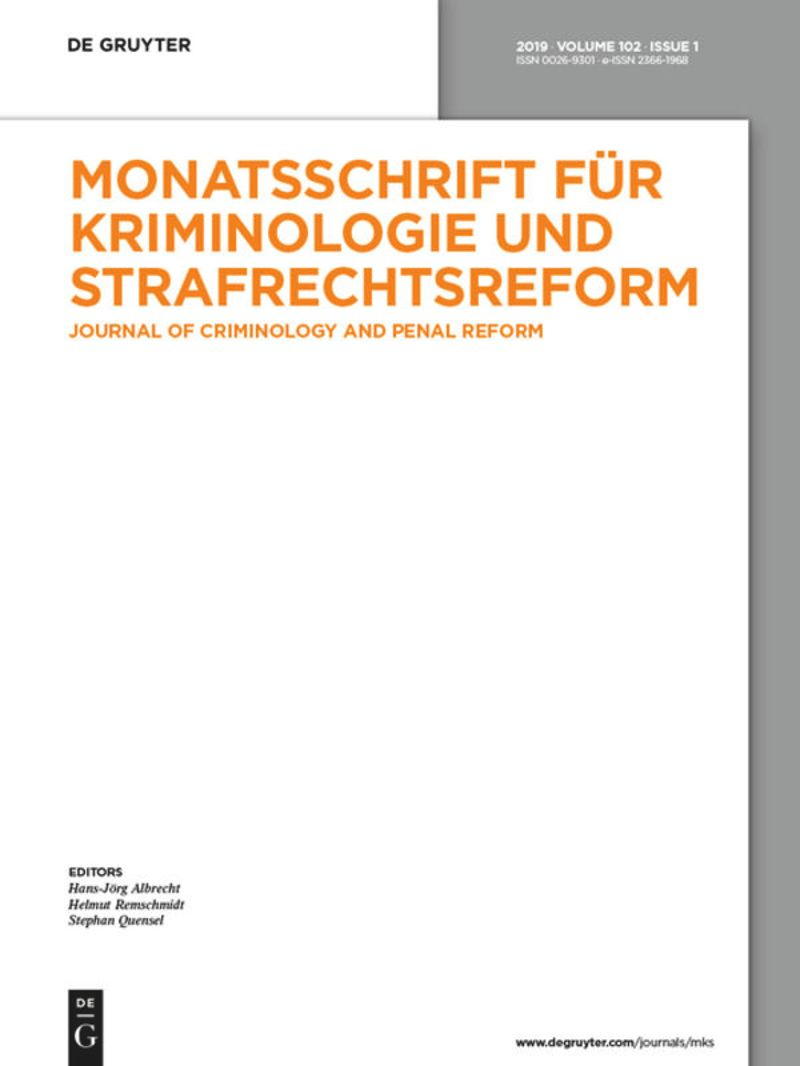Marie-Theres Piening, Julia Habermann and Tobias Singelnstein publish article on trust in and control of the police
In public debates, calls for more intensive control of the police are regularly countered with the argument that the population has a high level of trust in the police and that such efforts are therefore unnecessary. Against this background, the article “Police: Trust is good, but so is control” by Marie-Theres Piening, Julia Habermann and Tobias Singelnstein (ConTrust) examines public perceptions and attitudes towards problems in the police force, police control and the handling of misconduct, as well as the consequences for legitimacy and trust in the police. The article was recently published in the Monatsschrift für Kriminologie und Strafrechtsreform.
The empirical findings of the study show that society is capable of a differentiated view of the police: control and trust are not a contradiction in terms from the respondents’ perspective. Although trust in the institution is high, problems in the police such as unequal treatment, racism and excessive violence are perceived. Respondents favor a transparent and more sensitive handling of misconduct as well as external and independent police accountability mechanisms, while internal police investigations and the handling of alleged misconduct by the judiciary are viewed skeptically.


